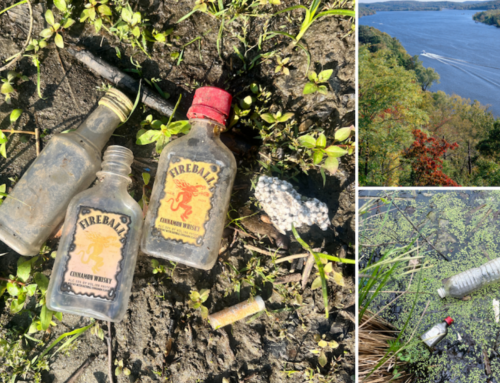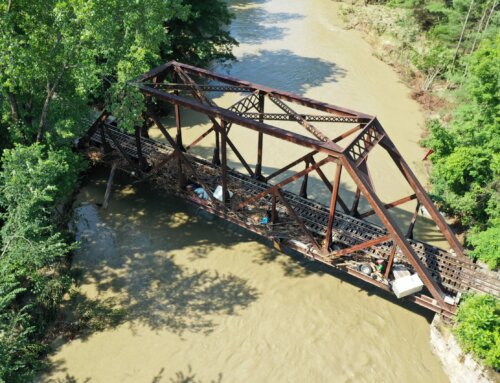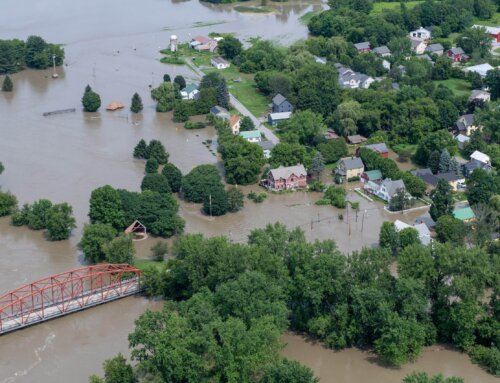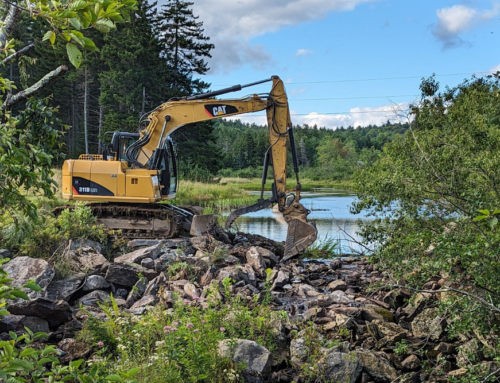Hello river neighbors,
Towns along the Connecticut River have been losing land since the 40s!
In 2017, many of the Connecticut River towns that are affected by the operation of the Wilder, Bellows Falls, and Vernon dams passed town meeting resolutions that were subsequently submitted to the Federal Energy Regulatory Commission (FERC) as comments regarding concerns about erosion issues along the river bank.
In the first quarter of 2020 we expect Great River Hydro to submit a final revised application for a new license. This year will be our last opportunity to comment on the application before FERC deems it complete.
CRC encourages all adjacent river towns to pass a resolution on Town Meeting Day and submit that resolution as comments to the Federal Energy Regulatory Commission (FERC) to clearly communicate the towns’ ongoing concerns and interest in making sure that project operations are changed to minimize erosion of the riverbanks, and that towns and property owners are compensated for loss of land, or needed streambank stabilization work to protect their land and municipal infrastructure.
CRC suggests the following language:
“Whereas, the peaking operations of Wilder, Bellows Falls and Vernon dams have been causing daily surface water elevation fluctuations of, on average 2-3 feet every day in the impoundments behind the dams for at least 70 years, resulting in loss of land for landowners in VT and NH and degradation of water quality and habitat of the river for decades;
“Whereas, in the late 1970s, during the last relicensing process, the Army Corps of Engineers (ACOE) conducted an erosion study on the project area; and FERC issued the last licenses in early 1979 just months before the ACOE completed their study in November of that year; and the ACOE study clearly states that pool level fluctuations are the second most important causative factor for erosion in the project areas.
“Whereas, the erosion study completed for the current relicensing by Great River Hydro, the current owner of these three projects did not look at the effect of pool level changes on erosion, instead, focusing only on potential erosion due to velocity along the bank edge that would be typical for a natural river system; and the Connecticut River in the project area does not function as a natural river, instead functioning as a series of lakes, with water flow controlled by the dams.
“Whereas, many towns and landowners up and down the river have used millions of dollars in public and private money to attempt to stabilize and restore their streambanks to protect property and infrastructure over the past 70 years;
“Therefore, be it resolved that the Town of ????, formally requests that the Federal Energy Regulatory Commission require, via license article, the current and any subsequent owners of the Wilder, Bellows Falls and Vernon Dams to modify current dam operations to minimize peaking; provide for ongoing streambank monitoring; develop a shoreline adaptive management plan; and create a mitigation and enhancement fund to support riverbank restoration and/or property owner compensation to reimburse towns and landowners for any and all damages resulting from the deterioration of the riverbank.”
We will only be able to protect our local property owner rights and the health of the river by commenting and making sure that FERC has heard the public’s concerns. There is nothing binding in this resolution other than communication to FERC. If we do not affect change to protect the riverbanks in this relicensing process, we will not have another opportunity until 2060!
Please submit the resolution as comments to FERC after Town Meeting, which can be done here: https://www.ferc.gov/docs-filing/eregistration.asp. Alternately, I am glad to help you do that.
Please try to move this resolution in your town this coming March!
Kathy Urffer
River Steward
Connecticut River Conservancy, formerly Connecticut River Watershed Council
PO Box 6219 | Brattleboro, VT 05302 | ctriver.org
802-258-0413 | kurffer@ctriver.org








